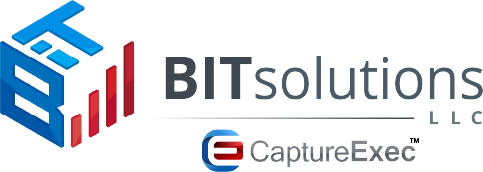Budget is a big barrier when looking at your capture management process. You need to invest a lot up front in the hopes of scoring contracts at the end. With publicly-available sources offering a lot of the information you need to strategize for opportunities, it can take a lot of man hours to aggregate the information.
For most businesses, that’s where paid services come in.
Benefits of Information Aggregators
When you have to visit a dozen different websites and pull specific information from each one, it takes time. Time is often something that is at a premium during capture management. Aggregators put together information on different opportunities, so you can streamline your initial review process.
Of course, that comes at a cost. Some of the biggest and most well-known paid information sources also carry the largest price tags. Here is a quick look at four such sources:
GovWin
This platform offered by Deltek has more than 30 years of industry-specific expertise. The company has done business under several different names, including Input, FedSource and Centurian. It is also one of the most expensive options out there.
Govini
Relatively new to government contracting aggregation, Govini has only been in business since 2011. They take a big data approach to government contracting, providing a lot of data points.
Onvia
Onvia offers targeted government contracting intelligence for government contractors, this might be the aggregator for you.
EZGovOps
One of the newest entries to government market intelligence, EZGovOps is also one of the most affordable. It also offers an integrated proposal management platform.
Do You Really Need an Aggregator?
There’s no such thing as a perfect aggregator. Some of these tools offer services that work best for specific industries, while others are geared toward small businesses. Some aim for one-stop-shopping and others offer highly targeted expertise. There’s no doubt that these tools can save time, but they may not help you avoid the need for manual searches altogether.
Even with aggregators, expect to invest man hours on research for your top prospects. All of the information you need is available publicly. So, you can avoid using an aggregator altogether, but you’ll want to track costs carefully. The last thing you want to do is save on an aggregator only to spend even more on your capture management team, all to get the same results.
Choosing the Right Mix of Tools
When deciding on tools, you should definitely shop the market. Many platforms offer a free trial, so you can see how they operate and what information they present. You can also see why you’ll probably want a separate tool for capture management.
Many intelligence aggregators simply don’t offer all of the tools you need for your entire capture management process. They might have a proposal management piece but miss some of the steps for your review. If they have a solid capture management platform, you might still need to shop for contract management software.
Aggregators do one thing really well – find data points. They don’t always handle the process pieces as expertly. As you look at the tools out there, remember that software specifically designed for capture management might be a better choice than a data aggregation platform with add-on afterthoughts.





